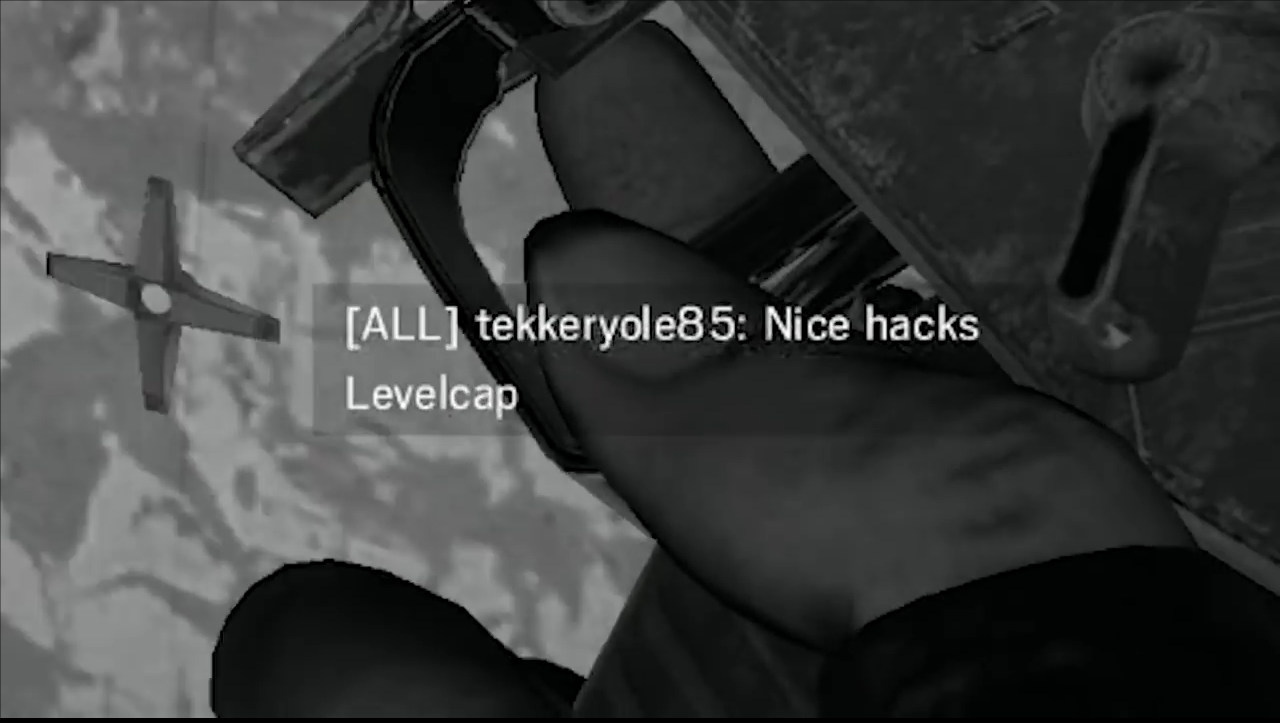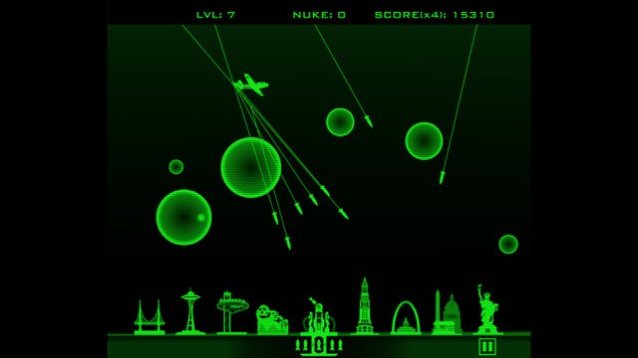

It’s no fun being second best. For years, many sports aficionados considered EA’s NCAA football franchise to be better than its NFL counterpart. Last season, however, NCAA 13 trailed Madden in a number of ways, most notably in the physics engine department. Fast-forward to this season, and college football appears to be back on an even playing field. NCAA 14 is a polished, well-oiled machine focused on core gameplay improvements aimed to please its most passionate fans.
On-field gameplay is improved in several key areas, most notably in blocking. Running the ball is plenty of fun thanks to offensive linemen that pay attention to their assignments longer, giving ballcarriers more time and space to find holes. This translates to the need to wait for a play to develop instead of just blasting the turbo trigger. Following your blockers patiently until daylight opens up can be a little unsettling for old-school players, but the rewards are worth it. Quarterbacks will benefit from stronger pockets, too, as you’ll find room to set up and throw to receivers on a more regular basis--unless, of course, a blitzing linebacker finds their way through a seam. Fans have complained for years about lackluster offensive line play, and while blocking isn’t yet perfected, EA’s focus on it definitely shows.
"NCAA 14 is a polished, well-oiled machine."
Speaking of welcome improvements, the newest version of the Infinity Engine brings physics-based interactions to NCAA Football for the first time. Introduced in last year’s Madden NFL 13, its first appearance in EA’s college football franchise shows clear polish. Tackles, weight adjustments, and collisions are more realistic, and much of the post-whistle awkwardness so evident in Madden is gone. While there are still moments of wonky behavior, they are far outnumbered by impressively organic recoveries and concussive tackles.
The most interesting gameplay improvements, though, involve running option plays. The multiple sets available in playbooks--read, triple, speed, shovel, etc.--are more fun and satisfying than ever, especially if you have the personnel built around that play style. It takes time to truly learn the nuances, making split-second decisions whether to hand the ball to the lead back, keep it as the quarterback, or toss the ball in the backfield to the trailing runner. But what would normally be an exercise in frustration ends up as a delight, thanks to the new Skills Trainer. You’re taught how to properly execute the option, then put through a series of training events to prove it. Best of all, you can keep going back and practicing over and over until it becomes ingrained.
"Blocking isn’t yet perfected, EA’s focus on it definitely shows."
More so than any other sport, big-time college football is dominated by the personalities of its coaches, and the newest features of NCAA 14’s Dynasty mode--by far the franchise’s most-played game type--finally bring that into focus. Each coach has a myriad of attributes that you can improve over time based upon the success you have in your games, and the choices you make have a definite impact in both the short and long term. For example, if you’re running a lower-level school, you may want to invest in the recruiting skills that will help you sign better players for future seasons. However, if you’re in a win-now mode to save your job, building up points to boost your team on the field may be the way to go. There is no right or wrong path, and the process is fascinating. The entire concept of "leveling up" your coaches--not just your head coach, but your assistants as well--adds a welcome new wrinkle to Dynasty.
Recruiting players has been overhauled, too, introducing a new points-based system that dramatically alters last season’s interface. Unlike the Skills Trainer, which guides you beautifully through executing on-field plays, you’ll find yourself using trial-and-error to figure out if you’re being successful or not. Patience is key, since recruiting changes dramatically over the course of a season; early on, it’s easy to allocate your points across your full range of targeted players.
As the year progresses, though, you’ll find yourself embroiled in battles for key prospects, and it’s up to you to figure out if you go heavy on a few highly-rated guys at the expense of others. Only after multiple seasons of practice will you develop a system you’re comfortable with. Luckily, thanks to the elimination of extraneous menus and clicks, it takes much less time to work on your recruiting strategy than it did in the past. This makes experimentation much easier to stomach.
"The newest version of the Infinity Engine brings physics-based interactions to NCAA Football for the first time."
If recruiting isn’t your thing--and waiting several minutes per week for the CPU to handle it all is time you’d rather not spend--then the new Season mode is up your alley. You can just pick a school and blast through a one-year schedule in pursuit of a bowl game or national championship with nothing else in your way. Conversely, the new Ultimate Team mode allows you to create a custom group of NFL players with multiple versions their collegiate personas. Modeled off of FIFA’s wildly successful structure of short head-to-head seasons with a pay-to-get-more-guys option, it's clearly not for everyone. The streamlined roster management menus make it relatively simple to manage your squad and play single-player or multiplayer games, but Ultimate Team remains a niche feature that will befuddle the uninitiated.
While it’s clear that NCAA 14 is a bona fide winner in many ways, there are some issues that remain. A slight framerate hiccup occurs when the whistle is blown at the end of a play; sometimes it’s barely noticeable, other times it’s obvious. In-game commentary is stale, and occasionally makes references that are patently incorrect. The shadows on players can be rather ugly at times, and when those are juxtaposed with the often-beautiful stadium lighting, they look all the more stark. The single-player career Road to Glory mode remains virtually untouched as well. None of these detract much from the core gameplay, and the sense is that the development team is squeezing as much out of the aging console hardware as possible.
By doubling down on core gameplay and adding compelling new features to its Dynasty mainstay, EA has produced a thoroughly enjoyable college football game this season. Although it may not look particularly different from its predecessors on the surface, nor include any groundbreaking, never-before-seen modes, NCAA 14 hits a ton of high notes and marks a great start to the upcoming fall sports game blitz.
This review was conducted using the Xbox 360 and PS3 versions of the game.




 Resident Evil - Revelations 2 (PC) tips
Resident Evil - Revelations 2 (PC) tips 8 Effective Evernote Apps for Painless Productivity
8 Effective Evernote Apps for Painless Productivity How to Beat Lady Maria of the Astral Clocktower in Bloodborne: The Old Hunters
How to Beat Lady Maria of the Astral Clocktower in Bloodborne: The Old Hunters Dragon Age Inquisition Guide: How to Hunt Dragons
Dragon Age Inquisition Guide: How to Hunt Dragons Call of Juarez: The Cartel Walkthrough Video Guide in HD
Call of Juarez: The Cartel Walkthrough Video Guide in HD